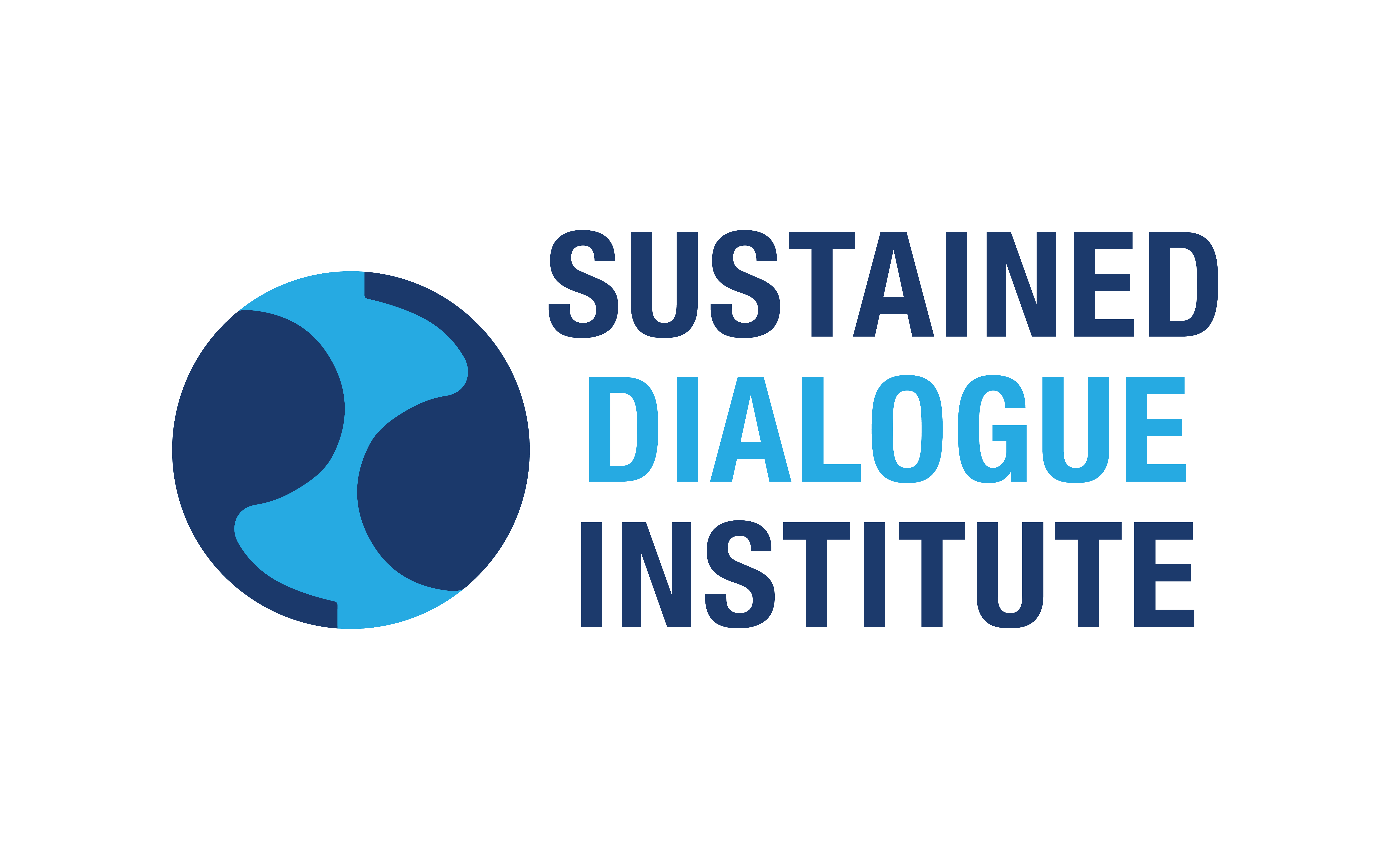SD Focuses on Relationships
Distinguished from other change methodologies, Sustained Dialogue places a strong emphasis on comprehending the intricacies of community relationships, often the fundamental challenge. Individuals carry culture and stories that ultimately shape national behavior or institutional culture. SD reaches beyond formal institutions to include “whole bodies politic” — everyday community members as well as formal leaders. Our method for changing society is to focus on the five elements of relationship:
Identity
Defining oneself through personal words, identity comprises the entirety of one's life experiences for an individual or a group.
Interests
Interests encompass the desires, concerns, values, and necessities of individuals, whether material or nonmaterial.
Power
The essence of power goes beyond controlling resources; it includes the ability to enact change and influence others.
Perceptions
What we assume, rightly or wrongly, about others' choices or identities; our own stereotypes.
Patterns of Interaction
Patterns of interaction provide insight into the expected norms for how individuals and groups communicate, whether in a positive, negative or neutral fashion.
SD is a Five Stage Process
SD is a unique change process that focuses on transforming relationships that cause problems, create conflict, and block change; and emphasizes the importance of effective change over time. Transforming relationships takes time and effort, so Social Development evolves through a five-stage process. This step-by-step approach provides a framework for social development programs and individuals in conflict to foster sustainable change in their relationships and communities.
The "Who": Deciding to Engage
Those grappling with systemic civic obstacles decide to participate in conversations to improve community connections. They select SD as a means to act and bring about change.
The "What": Mapping and Naming
Participants in the Mapping and Naming initiative gather to exchange personal stories and collaborate on defining intricate community relationships. In early meetings — before trust is built — this talk can be diffuse, and participants vent their grievances and anger with each other. Through the growth of trust, individuals begin to analyze their own motivations, actions, past, and behaviors, often necessitating dedicated contemplation. This stage ends when the group agrees, "What we really need to focus on is..."
The "Why": Probing Problems and Relationships
Probing Problems and Relationships. In more disciplined talk, participants probe specific systems and uncover dynamics of relationships at the root of community challenges to: (1) define the most pressing problems; (2) identify possible ways to change them; (3) come to a sense of direction; and (4) weigh the consequences of moving in that direction against the consequences of doing nothing.
The "How": Scenario Building
The process of "Scenario Building Together" entails a collaborative approach to creating a sequence of interrelated steps focused on changing challenging relationships and involving others. Five questions are raised: What resources do we possess? What are the obstacles? How can we push past those challenges? Who will venture down that road? How can we align those steps in a sequence that amplifies each other and generates momentum for the plan?
The "Now": Individual and Collective Action
In the present day, individuals and groups are joining forces to create a broad impact. Action can take a variety of forms: It can be collective or individual, involve outsiders to the dialogue group, center on creating awareness, and engage administrators or faculty.
